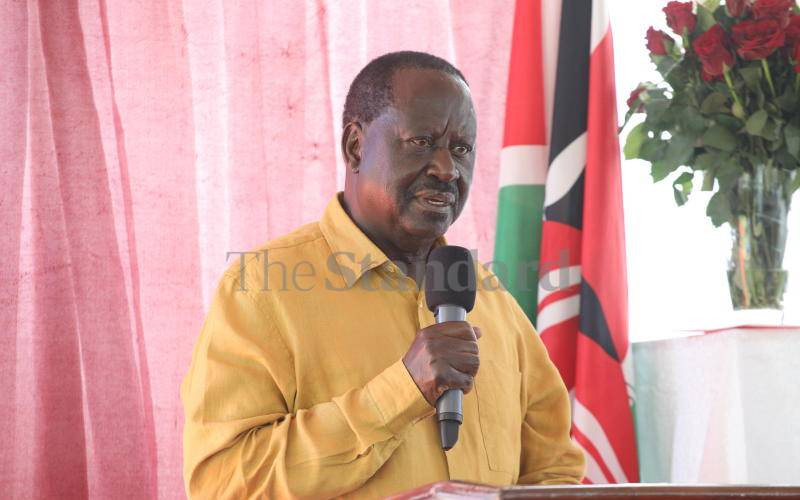
Audio By Vocalize

One of the agenda items in the bipartisan talks is a proposal by Kenya Kwanza to create the office of the leader of the opposition. While any proposal that strengthens our democracy is welcome, our lack of ideology-based parties questions how effective the office will be able to offer alternative policies.
For many, the primary justification for creating this office is to provide a platform for scrutinising public policy. Experience shows society benefits when public policy is subjected to close scrutiny because robust debate helps to weed out bad ideas while affirming alternative ones. Kenyans hope establishing an office that aggregates opposition forces will not only strengthen our democracy, but it will also provide an important check to political excesses in a country where pro-government politicians are canvassing for lifetime presidency.
